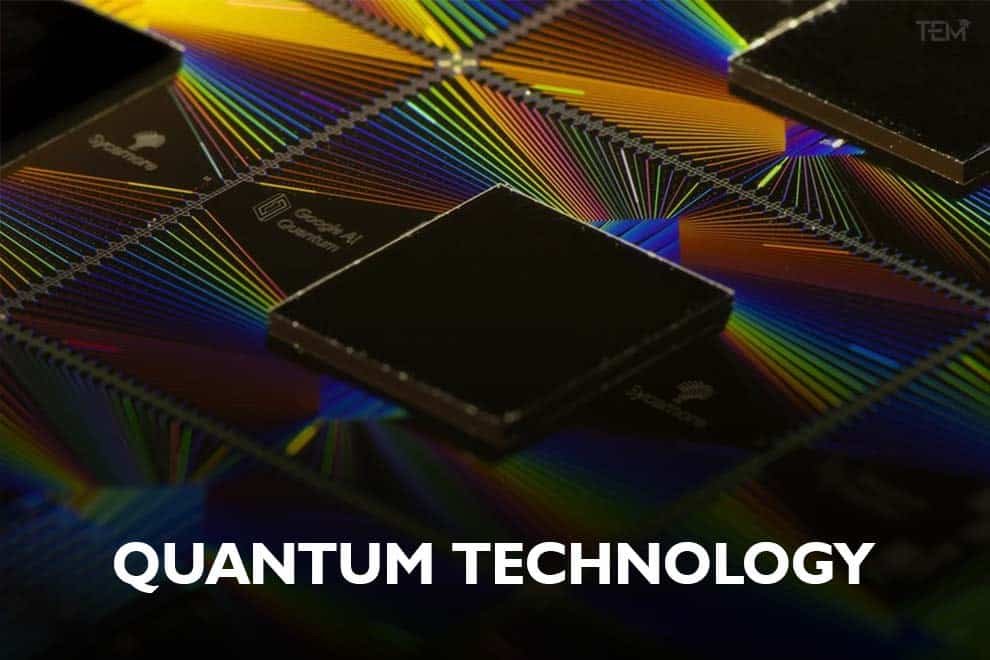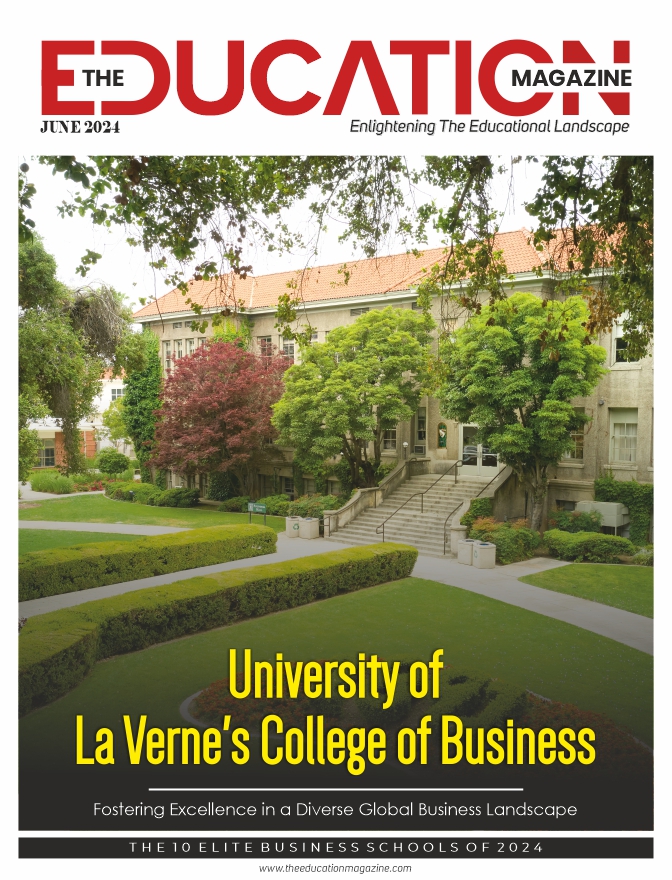Key Highlight:
- Researchers have invented a better technique to analyze the short-term potential of quantum devices.
- Researchers are able to manage binary code with conventional bits.
- IBM and Google strive to establish an effective quantum computer.
Quantum Technology Developing Rapidly
In the last decade, quantum technology has been promptly developed, and quantic hardware controls have been achieved without precedent, thus paving the way for demonstrations of quantum applications for practical purposes. However, short-term applications have some limits inherent in contemporary quantum computer development, often known as NISQ hardware (Noisy Intermediate-Scale Quantum). A low qubit count in this regime and a lack of quantum error correction restrict the type of applications that can be successfully carried out. Therefore, considering these constraints, the ideals for determining the first potential advantage of quantum computing in practical applications have been mixed with classical and quantity algorithms.
A remarkable example of a variationally quantum algorithm with prospects of quantity acceleration is the Quantum Approximate Optimization Algorithm (QAOA). In order to use the quantum effects to solve combinatorial problems, theoretical characteristics and experimentation have been extensively characterized and carried out on state-of-the-art NISQ hardware.
Research for Advancing Quantum Devices
A pair of physicists at Ecole Polytechnique Fédérale de Lausanne (EPFL) in Switzerland and Columbia University in the United States. They have developed a better way of judging the potential of near-term quantum devices. Researchers are employing more conventional electronics to imitate quantum physics. In the study, Giuseppe Carleo and his colleague Matthias Troyer from EPFL in 2016 used neural networks to construct machine learning to approach a quantum system that would conduct a specified procedure. This method abides called the Quantum Approximate Optimization Algorithm (QAOA). And it identifies from a list of options ideal solutions for an energy state problem to yield the smallest mistakes.
Carleo and Matija Medvidovic have produced a QAOA model which replicated a 54-qubit device. It is large but in line with the current quantum tech advances. Engineers take unbelievable steps forward when they harness the wheel of probability in the quantum boxes. The pressing issue is whether present advances are ever sufficient for the main challenges in this generation’s quantification endeavor.
Calculation units called Qubits are at the center of every quantum processor. They constitute a probably wave without one state and are represents robustly by a straightforward equation. Therefore, combine enough qubits is called entanglement, and this equation is extremely complicated. As the numbers grow, from tens to thousands of calculations, the kind of calculations its waves can represent leaves in the dust everything. However, researchers can manage with conventional bits of binary code.
Organizations Stepping Towards Quantum Computing
Presently, the majority of quantum computers contain fewer than 100 qubits. Technological giants including, IBM and Google are fighting to improve that to construct a significant quantum computer as quickly as feasible. In the last decade, IBM has ambitiously presented a plan for a million Qubit system. It expects to reach an achievable objective in the next 10 years on a fault-tolerant quantum computer.
Tech companies are certainly competing for their early leadership. IBM’s Q Network starts operating in 2016 to allow developers and professionals to use a quantum processor, the newest of which continue announced in 2020, a 65-qubit device named Hummingbird. The American multinational Honeywell has recently taken its first steps on the quantum phase. Which has made clients access to the trapped-ion quantum computer over the cloud. Rigetti Computing also offers cloud-based access to a 31-qubit quantum computer which has been in operation since 2017.










